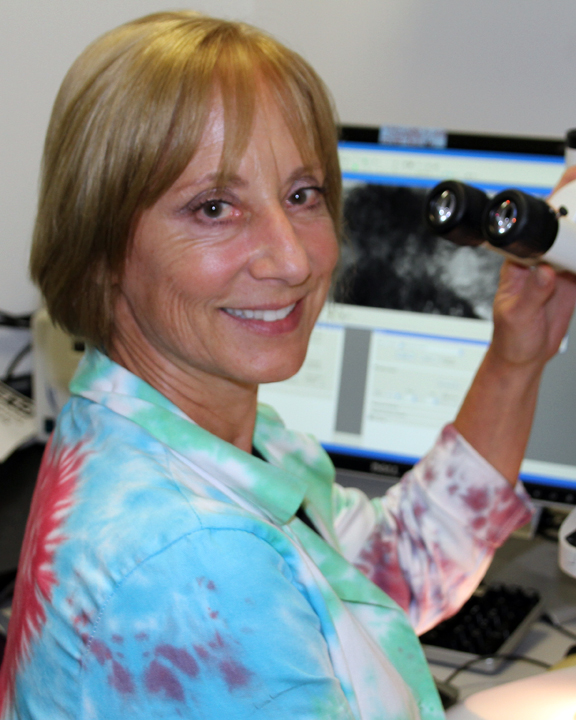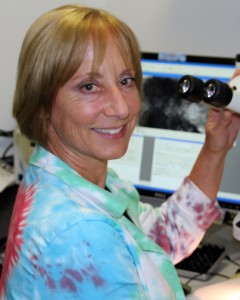Ocorr PhD ’83 Sends Fruit Flies into Space for Cardiovascular Research


Karen Ocorr PhD ’83, a professor at the Sanford Burnham Prebys Medical Discovery Institute in La Jolla, Calif., is using fruit flies to investigate how long-term weightlessness might affect the cardiovascular health of astronauts.
Ocorr’s research team packed 400 adult fruit flies and 2,000 eggs in a capsule, which will be launched by a rocket in June and return to Earth after spending a month docked in space.
In a New York Times article published on June 2, titled “Fruit Flies and Mice to Get New Home on Space Station, at Least Temporarily,” Ocorr explains that although the structure of a fly heart is very different than that of a human, the cardiovascular system shares many of the same cellular components in addition to the similar heartbeats.
Fruit flies, Ocorr said, are “actually much closer in some respects to humans than the mouse or rat models are.”
Upon their return, Ocorr and her colleagues will study the flies for abnormalities in the skeletal and heart muscles and the shape of the hearts.
At Wesleyan, Ocorr’s biology research was supervised by Allen Berlind, professor of biology emeritus.
Ocorr also appears on NASA’s educational panel with regard to science projects on the missions at the 1:22 mark.

